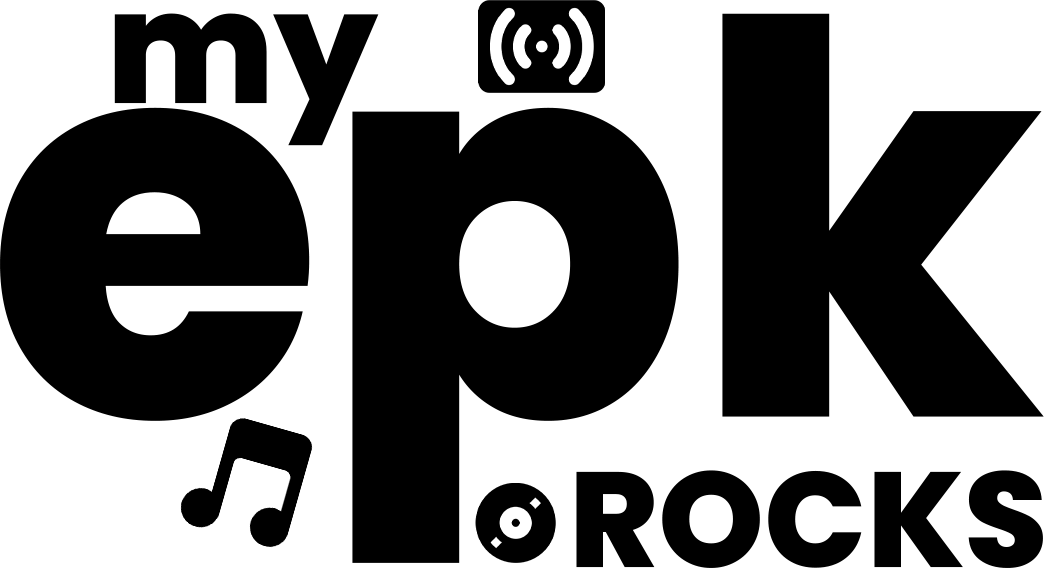Alright, folks, let’s talk about the elephant in the recording booth: AI and automation. You’ve probably seen the headlines screaming about AI “stealing” jobs, robots writing hit songs, and algorithms replacing human creativity. If you’re a musician, whether you’re just starting out, or you’ve been gigging for decades, it’s easy to get a little freaked out, or maybe even intrigued.
But before you start smashing your instruments in protest (or, conversely, selling everything you own to invest in AI song generators), let’s take a deep breath and unpack what’s actually happening. This isn’t about Skynet taking over the music industry. It’s about tools, possibilities, and a shift in how we approach music creation and distribution.
So, grab your headphones, maybe a beer (or your beverage of choice), and let’s dive into this. I promise, it’s not as scary as it sounds.
AI & Automation: Friend or Foe (or Frenemy?) to Musicians?
The first thing to understand is that AI and automation in music aren’t necessarily interchangeable, but they often overlap. Think of it like this:
-
Automation: This is about streamlining repetitive tasks. Think automatic distribution to streaming platforms, social media scheduling, or even using plugins to automate mixing processes. It’s about making things easier and more efficient. Services like DistroKid are examples of automated music distribution, allowing you to upload your tracks to various platforms without having to negotiate individual deals.
-
AI: This is where things get a bit more complex. AI involves algorithms that can learn from data and perform tasks that typically require human intelligence. In music, this can range from AI-powered mastering services to tools that can generate entire songs. Services like Amper Music (now part of Shutterstock) used to offer AI-driven music creation tools, allowing users to generate royalty-free music for various projects. While Amper itself is no longer around, it demonstrated the potential for AI in music composition. Now similar tools exist from Google.
The Scary Headlines and the Sobering Reality
Okay, let’s address the anxieties. The fear that AI will replace musicians is a legitimate one, especially when you see articles about AI composing original symphonies or generating catchy pop tunes. And you’re not wrong to be concerned. Here’s what the worry might be about, and what the reality actually looks like.
-
“AI will write all the songs!”: While AI can generate music, it’s still heavily reliant on data and algorithms. It can create something that sounds like a song, but it often lacks the emotional depth, originality, and nuanced expression that comes from a human artist’s experience. Think of it as a really, really good mimic. It can imitate, but it can’t truly innovate yet.
-
“AI mastering will put sound engineers out of business!”: AI mastering services are becoming increasingly sophisticated. They can analyze your track and apply EQ, compression, and other processing techniques to optimize its sound. However, a human mastering engineer brings a level of artistry, experience, and nuanced judgment that AI can’t replicate. A human can listen to your track in the context of your genre, your artistic vision, and the overall sonic landscape, and make decisions that an algorithm simply can’t.
- That being said, AI mastering is great for musicians on a budget, especially when you’re starting out. Services like LANDR offer affordable mastering options that can significantly improve the quality of your recordings.
-
“AI vocal replication will steal my fans and my likeness!”: Okay, THIS is a big one. With technology getting better and better, there is a real concern about AI being able to replicate a musician’s voice almost exactly. This has the potential to be used in all sorts of unethical (and probably illegal) ways, but the fact is the technology exists. This is why it’s important to stay informed about the latest developments in AI and to advocate for regulations that protect artists’ rights. You should also invest in educating yourself (and your team) about the legal protections that are available to you as an artist. Copyright and ownership are more important than ever.
So, what can AI and automation do for you as a musician?
Now, let’s focus on the positives. Instead of viewing AI and automation as threats, think of them as tools that can empower you and enhance your creative process. Here are some ways you can leverage these technologies to your advantage:
-
Automated Distribution: As mentioned earlier, services like DistroKid, CD Baby, and TuneCore can automate the process of distributing your music to streaming platforms, online stores, and social media. This frees up your time to focus on creating music and connecting with your fans.
-
Social Media Management: Managing your social media presence can be a huge time suck. Thankfully, tools like Hootsuite and Buffer can help you schedule posts, track engagement, and manage multiple social media accounts from a single dashboard. This allows you to stay consistent with your social media presence without spending hours glued to your phone.
- There are also AI-powered social media tools that can help you generate content ideas, write captions, and even create visuals. While these tools aren’t a substitute for genuine human interaction, they can be a great way to get your creative juices flowing and save time on content creation.
-
Mixing and Mastering Assistance: AI-powered plugins and services can assist with mixing and mastering your tracks. While they shouldn’t replace human engineers entirely (especially for critical projects), they can be valuable tools for independent musicians who are looking to improve the quality of their recordings on a budget.
- For example, iZotope’s Ozone iZotope Ozone suite uses AI to analyze your track and suggest optimal settings for EQ, compression, and other effects. Similarly, plugins like Neutron can help you balance the levels of different instruments in your mix.
-
Music Education and Learning: AI-powered tools can also be used to enhance music education and learning. Apps like Simply Piano use AI to provide personalized feedback on your playing, helping you learn new skills and improve your technique. There are also AI-powered ear training apps that can help you develop your musical ear and improve your ability to identify notes, chords, and melodies.
-
Generating Ideas: Okay, let’s be honest. Sometimes you just hit a creative wall. AI can be a surprisingly good tool for breaking through that. While you wouldn’t want to release a song entirely generated by AI, consider using it as a springboard for ideas. Feed it some parameters, let it spit out a melody or chord progression, and then see where your own creativity takes you. Think of it as a jam session with a robot – a weird, but potentially productive, jam session.
-
Finding Your Sound: AI can analyze the elements of a song and help you to understand what you like about it, and why. Let’s say there is a particular song you like, but you can’t quite figure out why. You might be able to feed that song into an AI, and the AI will be able to spit back the key, the tempo, and some other parameters that might make it easier to understand why you like the song so that you can work these elements into your own music.
How to Stay Ahead of the Curve (Without Losing Your Soul)
So, how do you navigate this rapidly evolving landscape? Here are a few tips:
-
Embrace experimentation: Don’t be afraid to try out new AI and automation tools. Many of them offer free trials or affordable subscriptions. See how they can fit into your workflow and enhance your creative process. The worst that can happen is you decide they’re not for you.
-
Focus on what makes you unique: AI can generate music, but it can’t replicate your personality, your experiences, or your unique artistic vision. Double down on what makes you you. Hone your songwriting skills, develop your performance abilities, and connect with your fans on a personal level. These are the things that AI can’t touch.
-
Stay informed: Keep up to date with the latest developments in AI and automation in music. Follow industry blogs, attend webinars, and connect with other musicians who are experimenting with these technologies. The more you know, the better equipped you’ll be to make informed decisions about how to use them.
- Sites like MusicTech and Attack Magazine regularly cover the latest developments in music technology, including AI and automation.
-
Advocate for ethical practices: As AI becomes more prevalent in the music industry, it’s important to advocate for ethical practices and regulations that protect artists’ rights. This includes ensuring that AI-generated music is properly attributed, that artists are compensated fairly for the use of their data, and that AI is not used to infringe on artists’ copyrights. Get involved in organizations that represent artists’ interests and make your voice heard.
-
Don’t lose the human connection: Technology is amazing, but it shouldn’t come at the expense of human connection. Remember to engage with your fans in a meaningful way, collaborate with other musicians, and support the local music scene. These are the things that make music special.
Case Studies: Artists Who Are Using AI and Automation Effectively
To give you a better sense of how AI and automation can be used in practice, let’s look at a few examples of artists who are already leveraging these technologies to their advantage:
-
Holly Herndon: This electronic musician has been a pioneer in exploring the intersection of AI and music. She uses AI to generate vocal textures, create interactive performances, and even collaborate with her AI “child,” Spawn. You can check out her work on her website.
-
Taryn Southern: Taryn Southern is another artist who has been experimenting with AI-generated music. She uses AI tools to compose and produce her songs, and she’s been vocal about the potential of AI to democratize music creation and empower independent artists.
-
Imogen Heap: This innovative artist uses technology to create immersive musical experiences. She uses gesture-controlled software, virtual reality, and blockchain technology to connect with her fans in new and exciting ways.
The Future of Music: A Collaborative Approach
Ultimately, the future of music is likely to be a collaborative one, where humans and AI work together to create something new and exciting. Instead of fearing AI, we should embrace it as a tool that can help us push the boundaries of creativity and expand the possibilities of music.
Think of it like this: AI can be your co-pilot, your assistant, your muse. It can handle the tedious tasks, generate new ideas, and help you refine your craft. But it’s up to you to steer the ship, to infuse your music with your unique voice, and to connect with your audience in a meaningful way.
So, the next time you see a headline about AI “stealing” jobs in the music industry, don’t panic. Instead, take a deep breath, do your research, and consider how you can use these technologies to your advantage. The future of music is in your hands, and it’s full of possibilities. And remember, no AI can replace the passion, the soul, and the sheer grit that goes into being a musician. Keep creating, keep experimenting, and keep pushing the boundaries of what’s possible.
Key Takeaways for You:
- Don’t be scared, be informed. Understand the difference between hype and reality when it comes to AI in music.
- Experiment! Try out different tools and see what works for you. Free trials are your friend.
- Focus on your unique voice. AI can’t replace your personality and experiences.
- Stay ethical. Advocate for fair practices and protect your rights as an artist.
- Connect with your fans. Human connection is more important than ever.
- Be open to collaboration. The future of music is likely to be a collaborative one between humans and AI.
- Keep creating! Don’t let technology distract you from your passion.
Now go make some music! And maybe let a robot help you out along the way. You never know what amazing sounds you might discover.


